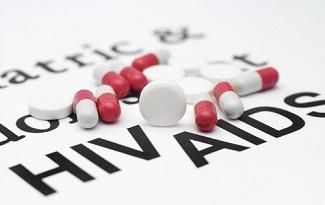
Updated guidelines to manage and combat STIs launched

The Third Edition of the National Guideline for the Management of Sexually Transmitted Infections (STIs), which was last updated 15 years ago in 2008 was launched this week in Windhoek.
Speaking at the launch, the Minister of Health and Social Services, Dr Kalumbi Shangula said the event marked a culmination of many months of intense preparations and in-depth work to review and update the STIs Management Guideline as available statistics indicate that there has been an upward trend in STIs in Namibia.
“In the intervening years, the landscape of healthcare, technological innovations, and epidemiology have evolved, necessitating a comprehensive reevaluation and modernization of our approach to the detection, diagnosis, treatment, and management of STIs,” he said.
Shangula said over the past five years, on average, more than 96,000 cases of STIs of different types are recorded at the country’s health facilities annually.
“This is even though Namibia has made commendable progress in reducing HIV infections in different population groups and demographics,” he said.
According to Shangula, the revised guideline aims to equip the country’s healthcare providers with the latest evidence-based practices, ensuring that they are well-prepared to address the challenges presented when patients of different ages present with sexually transmitted infections at different tiers of our health system.
“The tool will enable our health care workers to deliver the highest standard of care to our patients at all times,” he said, adding that STIs pose a significant public health challenge.
Shangula said the most significant incidences of sexually transmitted infections are linked to syphilis, gonorrhea, chlamydia, trichomoniasis, hepatitis B, herpes simplex virus, and human papillomavirus.












































